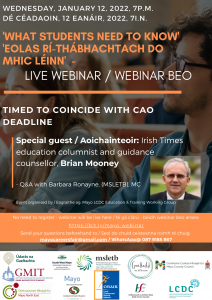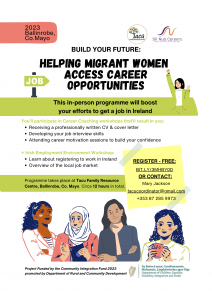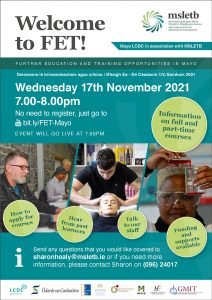Q: Are they really interested in my hobbies? I’m involved in my local rugby club – coach an under-age team, do some fund-raising and chairman of the committee that built the new clubhouse. I had it on my CV but I took it off again because I thought it looked irrelevant. Was I right? (DT, email)
A: There is no definitive answer. First off, the fact that you felt uncomfortable about it should not be ignored – while your CV should be the best available version of your career and related information, it should not be something you feel iffy about.
I will, however, make a case for inclusion of your hobbies, while remaining mindful of the fact that I am speaking in a general sense and that the reality will vary from candidate to candidate. Hobbies can say a lot about you. They can reveal something of your personality.
[checklist]
- If you’ve run triathlons, that suggests commitment, persistence, capacity to focus on a goal.
- If you’re overseen the project to build a new clubhouse, as perhaps you have DT, an employer might see you as someone with the ability to think big, to pull things together, to motivate others, to execute plans. Depending on the job, those might be very valuable observations for an employer to make about you.
- If you’re looking for a job selling equipment to outdoor shops, the fact that you are heavily involved in your local hill-walking club can only be an asset in terms of understanding the sector, developing contacts and having a working knowledge of the products you’ll be selling.
[/checklist]
Hobbies can show that you have leadership, creativity, enthusiasm, people skills, communication skills, IT proficiency, and a host of other attributes and skills.
It is easy to make a decision to leave hobbies off your CV. But before you do that, make a case for their inclusion, or get a friend or colleague to do so. Don’t let hobbies disappear into the without first strip-searching their potential for promoting you as a suitable candidate for the job.
Avoiding the eleventh-hour overload
Q: In college, I was a crammer. I burnt the midnight oil. I find I have the same approach to job interviews – I leave it until the last minute and end up overloading myself with information. I go in confused and tired. Any tips? (FD, email)
A: Tommy Cooper: “Doctor, it hurts when I do that” (grimaces as he tries to raise his arm)
Doctor: “Don’t do that.”
So, really, don’t do that. The big mistake people make is continuing to read large amounts of information right up to the interview time.
If you insist on going down to the wire, at least allow yourself the comfort of transferring all your information – all those scraps of papers, website links, text messages and emails – to one single page that you focus on come the day of the interview.
Use bullet points, phrases and words that will act as a trigger. Trust that the word ‘IT skills’ is merely a front for deeper detail – Word, PowerPoint, interactive whiteboard, or whatever the case may be.
When, sitting in the foyer of the hotel room, you look at that page and read ‘extensive network of contacts’, you should relax in the knowledge that behind that simple phrase lies all the information you need about that topic – and that said information will come forth in the interview.
Sli Nua Careers (www.SliNuaCareers.com) have offices in Galway, Limerick, Dublin and Mayo. For more details, visit www.slinuacareers.com.






